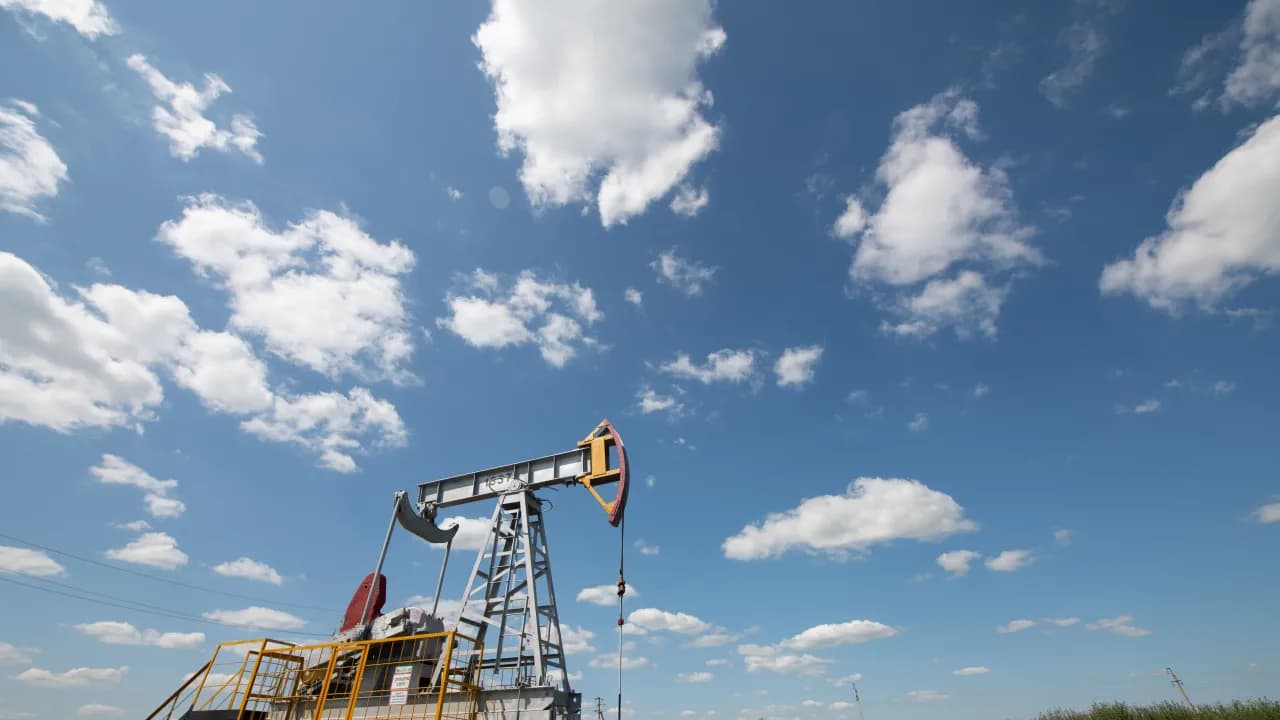Brent crude prices slipped 0.5% to $69.33 per barrel, while U.S. West Texas Intermediate (WTI) crude prices fell 0.5% to $67 per barrel.
Oil prices slipped in Asia trading hours on Monday after OPEC+ once again decided to significantly raise output amid concerns over the health of the U.S. economy, the top oil consumer.
Brent crude prices slipped 0.5% at $69.33 per barrel, while U.S. West Texas Intermediate (WTI) crude prices fell 0.5% at $67 per barrel. However, retail sentiment on Stocktwits about the United States Oil Fund (USO) was still in the ‘bullish’ territory at the time of writing.
The Organization of the Petroleum Exporting Countries (OPEC) and its allies, including Russia, said on Sunday that they would increase September production by 547,000 barrels per day (bpd) compared to August, the latest in a series of output hikes as they attempt to regain market share. The group noted that the decision was taken due to a steady “global economic outlook and current healthy market fundamentals.”
While summer demand has remained strong in the Western Hemisphere, analysts predict that oil supply will outpace demand by year-end. Both future contracts had fallen by over $2 on Friday, after the soft U.S. jobs data had signaled raised concerns over oil consumption in the world’s largest economy.
According to a Reuters report, Goldman Sachs analysts noted that the actual supply boost from the eight OPEC+ countries stands at about 1.7 million bpd, or about two-thirds of announced capacity, as other group members have looked to cut capacity to compensate for overproducing earlier.
“While OPEC+ policy remains flexible and the geopolitical outlook uncertain, we assume that OPEC+ keeps required production unchanged after September,” the analysts reportedly said in the note before adding that the rise in non-OPEC production will likely not leave much scope for extra OPEC+ barrels.
However, potential penalties on the buyers of Russian crude could still crimp supplies and provide a boost to oil prices. According to reports, Indian officials have not instructed refiners to stop buying Russian oil despite threats by U.S. President Donald Trump to impose additional 100% levies.
For updates and corrections, email newsroom[at]stocktwits[dot]com.<
